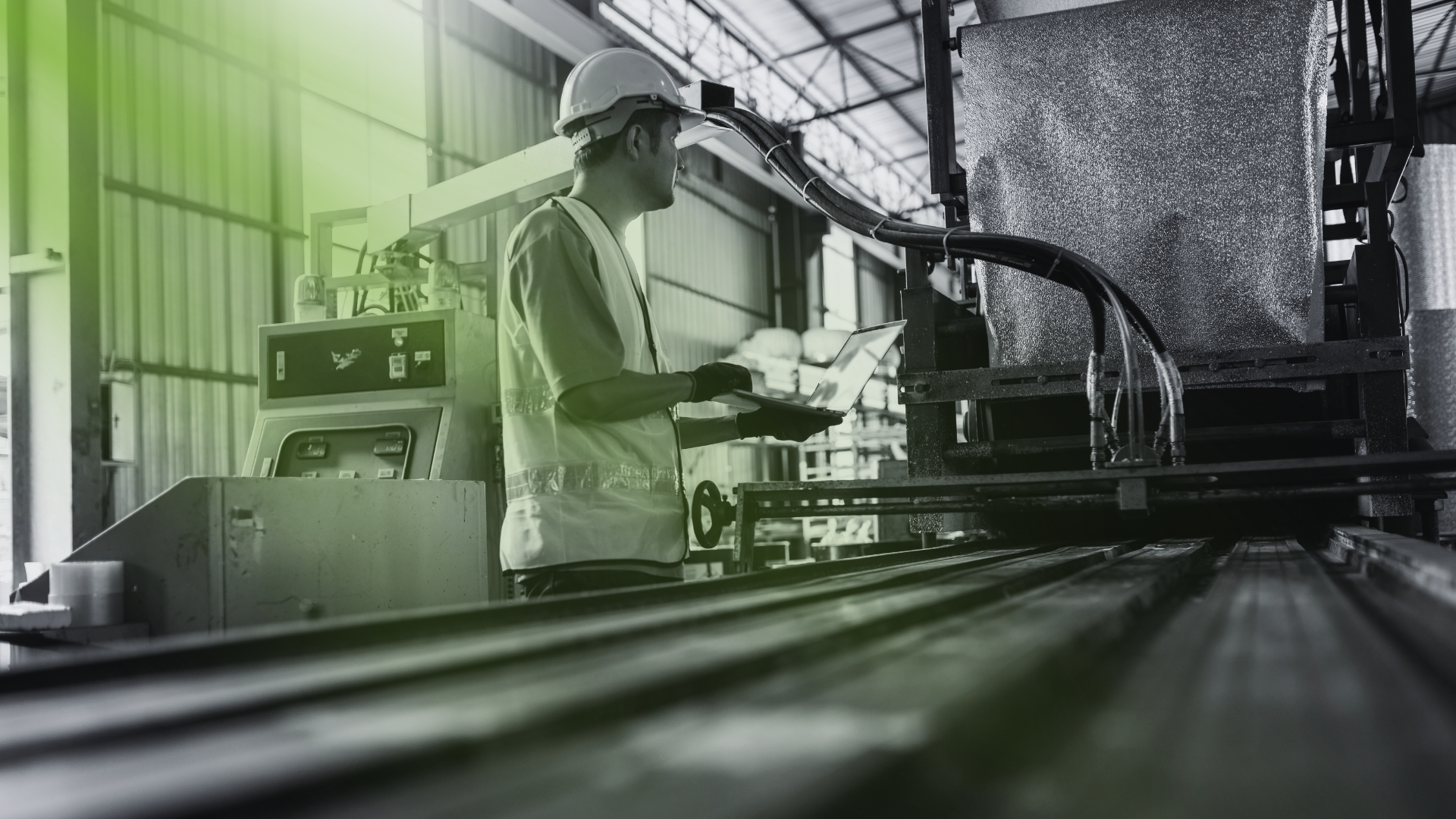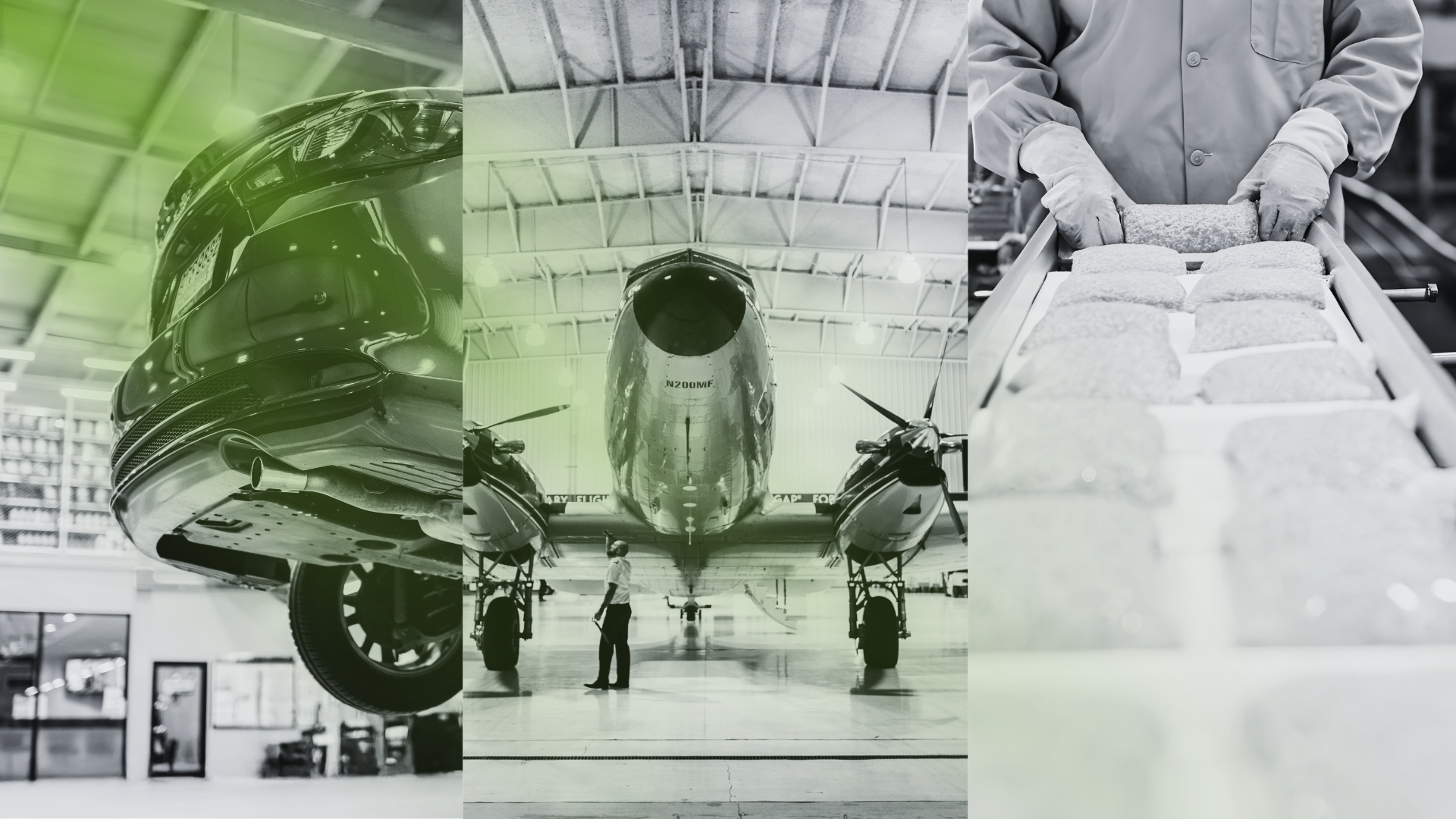As many are now aware, President Trump has implemented tariffs ranging from 11% to 50% on imports from nearly every country worldwide. However, these tariffs, excluding those on China, have been temporarily postponed for 90 days starting April 9th. While this presents significant challenges for the manufacturing sector, it also opens up opportunities for strategic adaptation, innovation, and long-term growth.
Strategies for UK Manufacturers
Explore New Export Markets:
With the U.S. market becoming increasingly difficult due to the latest tariffs, UK manufacturers should consider expanding into regions that are less affected. The European Union remains a key partner, offering close proximity and shared regulatory standards. Meanwhile, the Asia-Pacific region presents strong growth potential, with countries like India, Vietnam, and Indonesia showing rising demand for quality manufactured products. Commonwealth nations such as Canada, Australia, and South Africa also offer promising opportunities, supported by existing relationships and relatively favorable trade conditions.
Exploring new markets not only helps reduce reliance on any single region but also builds greater resilience against future trade disruptions. By tailoring strategies to the specific needs of each region, UK manufacturers can strengthen their global presence and remain competitive in a shifting international landscape.
Enhance Domestic and Regional Supply Chains:
Investing in local and regional supply chains is a smart move for UK manufacturers looking to reduce their reliance on international markets. In recent years, global trade tensions, political instability, and supply chain disruptions, from pandemics to port delays, have highlighted the risks of being overly dependent on distant suppliers. By building stronger relationships with domestic and nearby partners, manufacturers can improve supply chain resilience, reduce lead times, and maintain greater control over production and logistics.
Local sourcing also brings added benefits, such as increased flexibility to respond to market changes, improved sustainability through reduced transportation emissions, and stronger support for the regional economy. In some cases, it can even help businesses meet growing consumer demand for locally made goods. Overall, a more localised supply chain not only acts as a buffer against global shocks but also sets the foundation for long-term stability and competitiveness.
Invest in Innovation and High-Value Manufacturing:
For UK manufacturers to stay ahead, it’s important to focus on making high-quality, advanced products instead of trying to compete on low-cost, high-volume items. Other countries might be able to produce goods more cheaply, but the UK can stand out by doing things smarter and better.
This means investing in new technologies like automation, smart machines, and 3D printing to make production faster, more efficient, and more flexible. It also means putting more effort into industries where the UK already does well, like aerospace, pharmaceuticals, and green tech (such as clean energy and electric vehicle parts).
There’s also a growing demand for environmentally friendly products, so leading in areas like sustainable packaging and clean energy systems could open big opportunities. By putting money into research, new ideas, and training people with the right skills, UK manufacturers can build a stronger, more future-proof business.
If you want to discuss how your business can leverage these new tariffs get in touch with our specialist team at info@technical-network.co.uk or call on 0121 450 5000.


